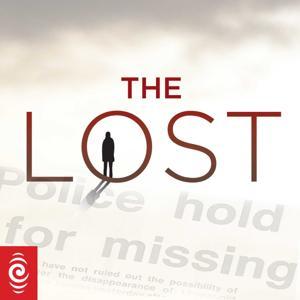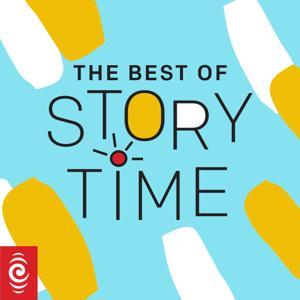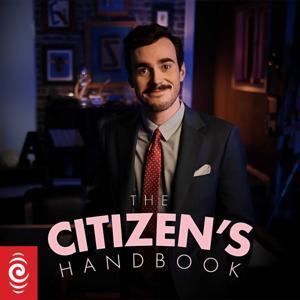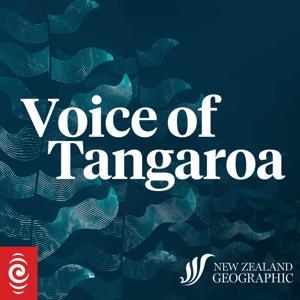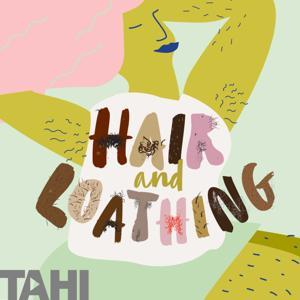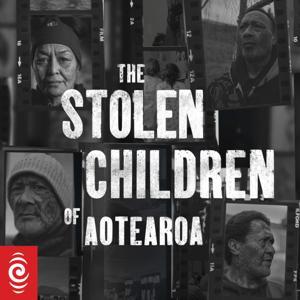30 years ago a set of instruments from Bali were brought to University of Canterbury and formed the first Gamelan ensemble in Christchurch, under the guidance of Professor Elaine Dobson. Three decades on, after a short period of disuse the ensemble was reestablished in 2017 under Justin DeHart and celebrates a milestone this month.
The podcast features Prof Justin DeHart and I Made Kartawan who's visiting from Bali, where he is faculty at ISI - The Indonesian Institute of Arts.
Gamelan is cultural taonga with spiritual roots in the Hindu, Buddhist and Muslim histories of the islands of Bali, Java and Sumatra. With its hypnotic and sometimes haunting sounds, the Gamelan makes for quite a remarkable sight - a set of percussive instruments intricately carved, sometimes painted bright red and gold, and struck with hammer-like mallets. Gamelan is more than just music or entertainment but a seen as a vehicle for spiritual connection and an integral part of rituals, worship and tradition.
Go to this episode on rnz.co.nz for more details

























